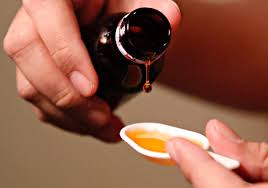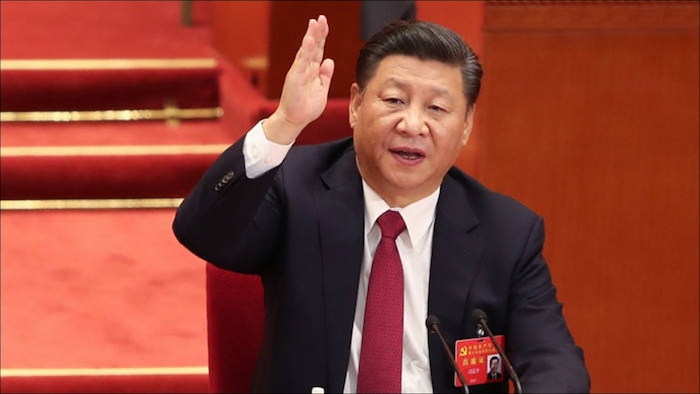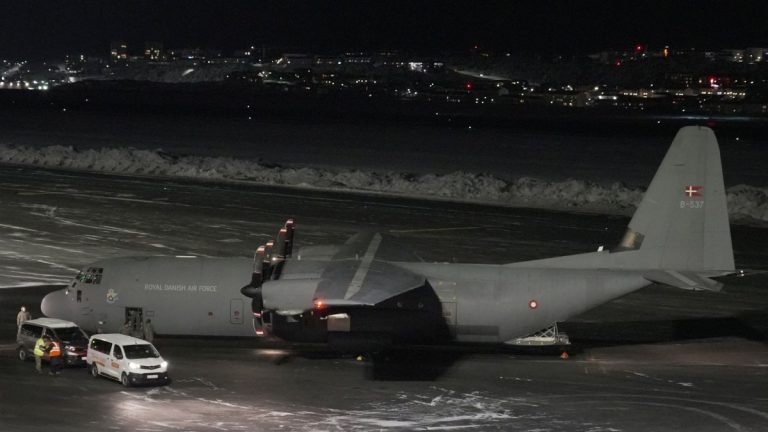
India still has work to do in halting the sale of toxic cough syrups despite some progress, a World Health Organization (WHO) official told Reuters, after at least 24 children died from a domestically made medicine.
The children died after consuming Coldrif cough syrup produced by Sresan Pharma, which tests showed contained the toxin diethylene glycol at nearly 500 times the permissible limit. The incident comes two years after global pledges to tighten oversight following the deaths of at least 300 children worldwide linked to similar toxins in syrups made in India and Indonesia.
While India has introduced a new rule requiring medicines to be tested for contaminants like diethylene and ethylene glycol before export, enforcement issues remain, the WHO said.
“They have made some strides,” said Rutendo Kuwana, WHO’s team lead for incidents involving substandard and falsified medicines. “It’s a work in progress. There’s a lot that needs to be done. It’s a big market, with tens of thousands of manufacturers and many states to deal with.”
However, the WHO noted that the testing rule does not apply to medicines sold domestically — a “regulatory gap” the agency has flagged.
Reuters reported last week that India plans to scrap the export testing rule once companies upgrade their facilities to international standards by the end of the year. India’s health ministry and the Central Drugs Standard Control Organisation (CDSCO) did not respond to requests for comment, and Sresan Pharma representatives could not be reached.
A WHO spokesperson said the agency welcomed India’s steps to improve medicine quality but stressed that drugs should be tested throughout the production process, not only at the end. Although Indian law requires batch testing of raw materials and finished products, CDSCO said in October that some firms had failed to comply.
Kuwana added that countries, including neighbouring Pakistan, had attended WHO training on testing for toxins, and that a cheaper new test had been developed. However, he called the lack of accountability for previous incidents a “big disappointment,” noting that despite hundreds of deaths abroad, no one in India has been jailed.



